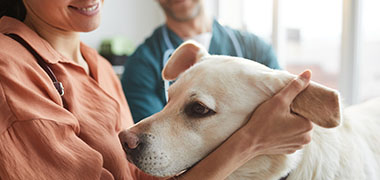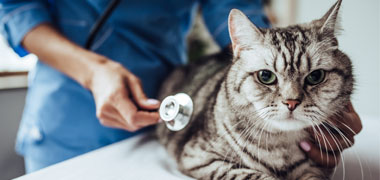
This role has a low level of AI exposure. Core skills such as adaptability, social intelligence, and complex physical tasks remain beyond the capabilities of current AI.
Explore all careersA Veterinary Nurse assists veterinarians in treating animals, monitors their care, performs tests, administers medications, and communicates with pet owners.
Get qualified to work as a Veterinary Nurse with a course recognised across Australia. Speak to a training provider to learn more.
Browse occupations related to Veterinary Nurse
In Australia, a full time Veterinary Nurse generally earns $1,250 per week ($65,000 annual salary) before tax. This is a median figure for full-time employees and should be considered a guide only. As you gain more experience you can expect a potentially higher salary than people who are new to the industry.
 Courses.com.au Team
Courses.com.au Team
There are currently 12,100 Veterinary Nurses working in Australia. This number has increased from only 7,900 five years ago. Veterinary Nurses can find work in all regions of Australia.
Source: Australian Government Labour Market Insights
 Courses.com.au Team
Courses.com.au Team
If you’re planning to become a Veterinary Nurse you could enrol in a Certificate IV in Veterinary Nursing. This 12 month course includes a work placement so you’ll get real world experience. The course covers various aspects of veterinary nursing from helping a vet during a surgical procedure to assisting animals to recover from injury.
 Courses.com.au Team
Courses.com.au Team



A Veterinary Nurse assists with many of the daily operations at a veterinary surgery. You might have to help veterinarians while they treat an animal or be part of surgical procedures. Your role might involve monitoring animals being treated at a vet surgery, performing necessary tests or giving animals medication. A Veterinary Nurse might have to clean equipment or cages or liaise with animal owners about the care of their pets.
Veterinary Nurses need to be passionate about animal care and have excellent animal handling skills. You’ll need to be comfortable caring for animals with a range of temperaments or who may be distressed or aggressive due to an injury or medical condition. You’ll be assisting with all sorts of veterinary procedures and surgeries so this is not a role for the faint hearted. You’ll need to be able to work as part of a team and have good communication skills when dealing with colleagues or pet owners.